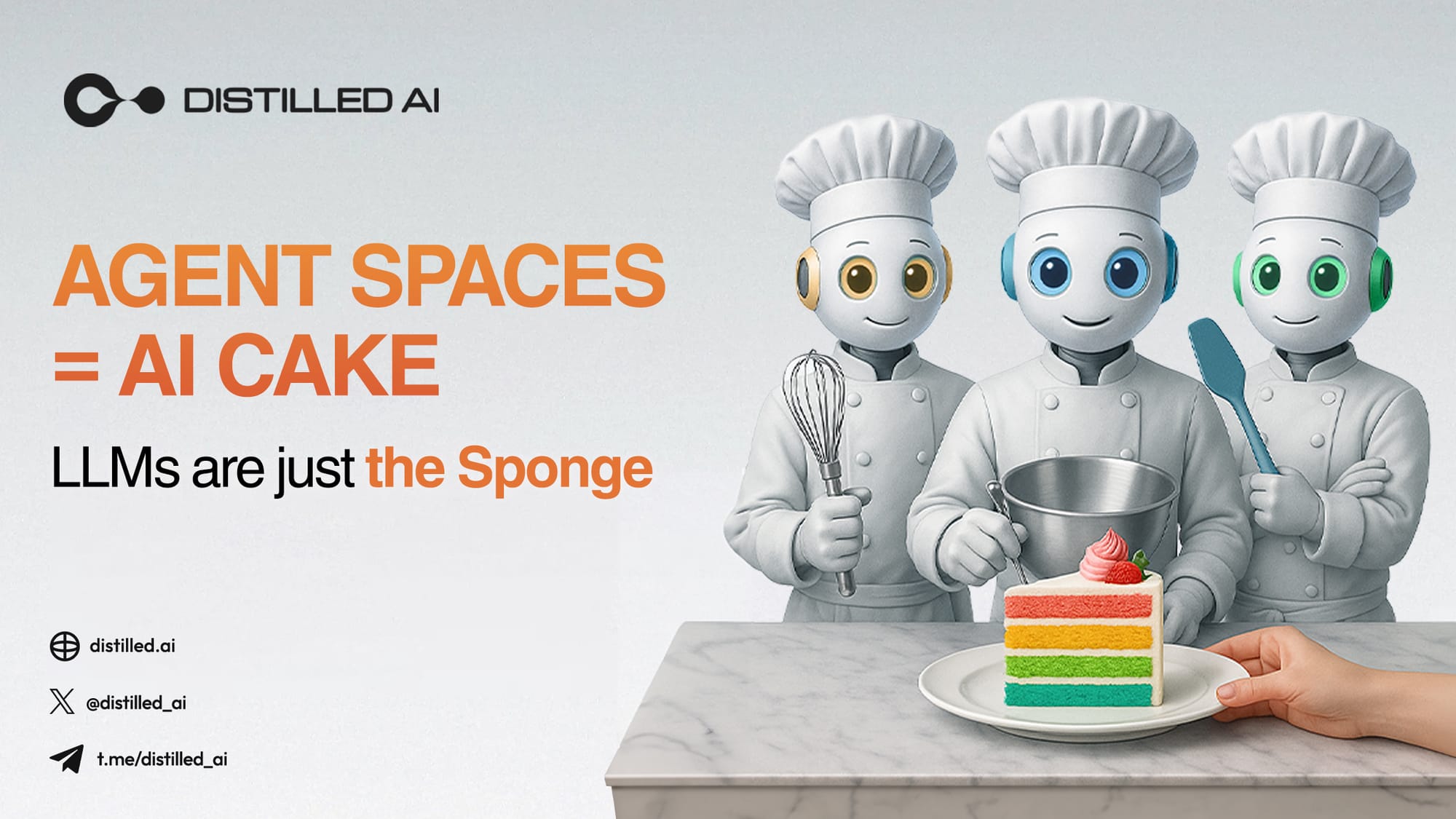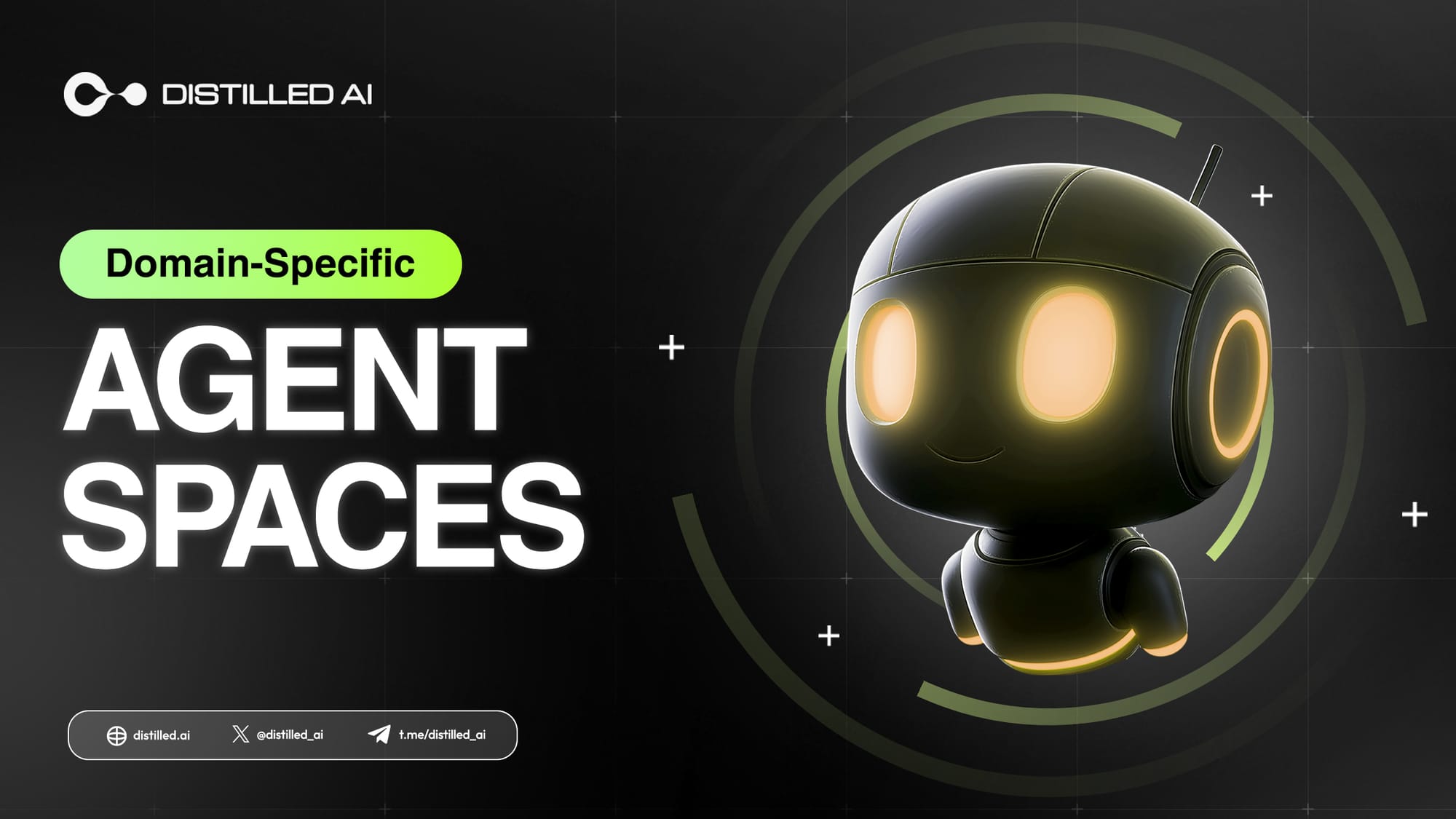- Our AI Agents
- About us
- Blog
- DeveloperComing soon
- Docs
- Enter MESH App
 Back
Back
Decentralized AI Agents: Transforming Privacy and Security in Web3 Ecosystems
MAR 26, 2025
As Web3 technology evolves, decentralized AI agents are emerging as a groundbreaking solution for securing sensitive data while providing autonomous functionality. By combining blockchain principles of trustlessness with advanced cryptographic tools, these agents enable privacy-centric operations that minimize the risks associated with centralized control. Below, we explore how this paradigm shift is revolutionizing data protection and security in decentralized environments.
1. Cryptographic Foundations for Enhanced Privacy
Why It Matters
In a decentralized setup, data often passes through multiple nodes. Cryptographic primitives ensure that only authorized parties can access critical information.
Key Mechanisms
• Zero-Knowledge Proofs (ZKPs): Allow agents to verify computations without exposing the underlying data.
• Secure Multi-Party Computation (MPC): Enables collaborative processing of encrypted data, preserving confidentiality.
• On-Chain Encryption: Protects stored data from unauthorized access, reinforcing trust in the system.
Outcome: By leveraging robust cryptography, decentralized AI agents operate autonomously without compromising data privacy.
2. Trustless Interactions and Governance
How It Works
Decentralized AI agents can execute smart contracts, self-regulate based on predefined rules, and participate in on-chain voting or DAO governance without needing a central authority.
Benefits
• Eliminates Single Points of Failure: No single entity wields control over agent behavior.
• Global Interoperability: Agents seamlessly coordinate across various blockchain networks and protocols.
• Tamper-Resistant Operations: Consensus-driven governance ensures transparent oversight and community validation.
Advantage: A trustless framework boosts security, reducing vulnerability to hacks or insider threats.
3. Secure Data Ownership and User Control
Why It Matters
In traditional models, centralized servers often manage user data—raising concerns about surveillance, leaks, or unauthorized usage. Decentralized AI agents invert that model by returning ownership to the individual.
Implementation Strategies
• Self-Sovereign Identity (SSI): Users retain control over digital identities and data, granting selective access to AI agents.
• Tokenized Access Rights: Blockchain-based tokens can govern how data is shared, monetized, or licensed.
• GDPR-Friendly Designs: Building privacy features at the protocol level can help comply with data protection regulations.
Net Effect: Users reclaim autonomy over personal information, reinforcing trust in AI-driven applications.
4. Privacy-Preserving Collaboration
Why It’s a Game-Changer
Organizations can securely pool insights without exposing proprietary or sensitive data—leading to collective intelligence driven by decentralized AI agents.
Real-World Examples
• Healthcare Consortia: Hospitals share anonymized patient metrics to improve AI-driven diagnoses without compromising patient privacy.
• Financial Alliances: Banks collaborate on fraud detection using aggregated transaction insights, maintaining strict data confidentiality.
• Research & Development: AI agents facilitate inter-company collaboration on crucial innovations without leaking intellectual property.
Outcome: Privacy-preserving collaboration unlocks shared benefits while respecting organizational and individual boundaries.
Decentralized AI agents bring new levels of privacy and security to Web3 ecosystems, harnessing cryptography, trustless governance, and user-centric data models. As organizations and individuals seek more autonomous, secure, and transparent solutions, these innovations are set to redefine how we handle sensitive information on the blockchain. By embracing decentralized AI, projects can maintain data sovereignty, foster collaboration, and bolster trust—all while preserving privacy in a rapidly evolving digital landscape.
Key Takeaways
1. Cryptographic Strength: Encryption, zero-knowledge proofs, and secure multi-party computation protect data integrity.
2. Trustless Governance: Decentralized agents operate without central oversight, reducing single points of failure.
3. User Ownership: Individuals regain control over personal data, minimizing privacy risks.
4. Collaborative Potential: Secure, privacy-preserving frameworks boost innovation across industries.
As Web3 continues to mature, decentralized AI agents stand at the forefront of a privacy-centric and secure digital future.


Thank you!
Read more articles

LLMs Are Just the Sponge: Building the Full AI Cake with Agent Spaces
From LLMs to AI systems is a long journey. Just like a sponge alone doesn't make a cake, LLMs alone can't create the rich, layered AI experiences we rely on today. This article explores how the AI Cake is formed—how modular systems, orchestrated workflows, and agent spaces bring everything together. And more importantly, what Distilled AI is aiming to build: the infrastructure that transforms these ingredients into a scalable, composable AI economy. The Secret Recipe When most people interact
MAY 14, 2025

One Size Fits None: Why Domain-Specific Agent Spaces Win
As Agent Spaces begin to define how humans and AI agents collaborate, a critical design choice emerges: why not build a single Agent Space that does everything? A universal platform might sound efficient, but in practice, specialization beats generalization when solving hard problems. This article makes the case for domain-specific Agent Spaces—where modularity, focus, and community expertise create compounding value that no "do-everything" platform can match. Domain Specialization: The Compet
MAY 14, 2025

 Share article
Share article